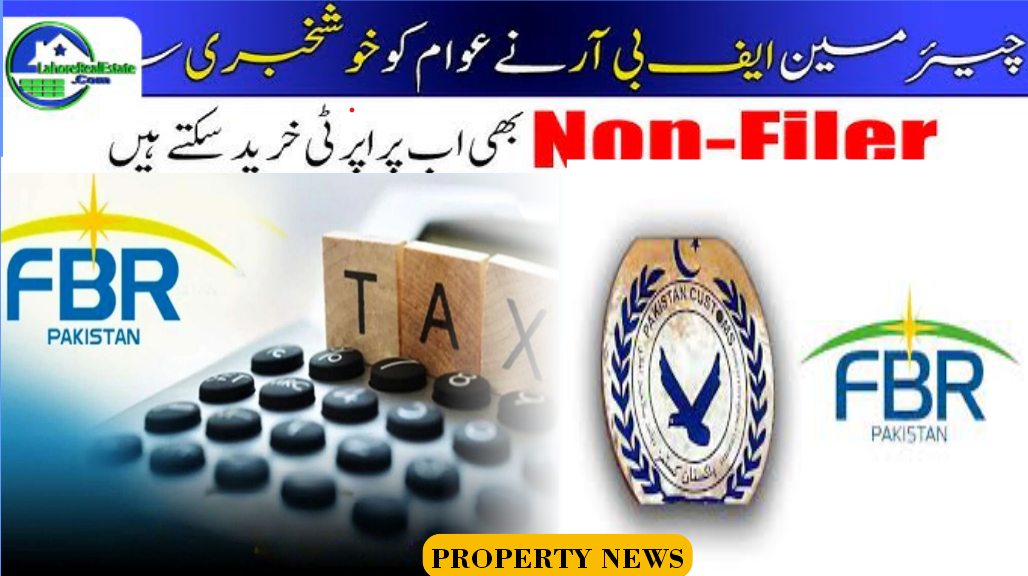PM Shehbaz Limits FBR Arrest Powers to Protect Businesses to Protect Businesses and Promote Transparent Tax Enforcement in Pakistan
In a significant move to protect businesses and ensure transparency in tax administration, Prime Minister Shehbaz Sharif has ordered limitations on the Federal Board of Revenue’s (FBR) arrest powers. These changes, which introduce six critical safeguards, are designed to prevent the misuse of authority and provide a more secure environment for law-abiding taxpayers. The decision follows strong criticism from business communities and parliamentarians regarding the FBR’s expanded authority to arrest executives in cases of suspected tax fraud.
Key Amendments Under Finance Bill 2025-26
The reforms are part of amendments made to Section 37A of the Finance Bill 2025-26. Under these changes, arrests of corporate executives such as CEOs and CFOs will now require prior approval from a special FBR board. This board will include members from both the public and private sectors, including representatives from recognized chambers of commerce. The move is seen as a step toward incorporating broader stakeholder input in enforcement decisions and is expected to build trust between the tax authority and businesses.
Six Safeguards Introduced to Prevent Misuse of Arrest Powers
To ensure that the arrest powers are not used indiscriminately, the following six conditions must now be met before the FBR can proceed with arrests in tax fraud cases:
- Evidence of an attempt to flee the country
- Evidence of tampering with or destroying material tax documents
- Non-compliance with three written notices issued by the FBR
- Involvement in tax fraud exceeding Rs50 million
- Mandatory approval from the newly formed FBR special board
- Justified fear of absconding, even in cases involving fraud below Rs50 million
These safeguards aim to strike a balance between enforcing tax laws and protecting legitimate businesses from arbitrary legal actions. By setting clear thresholds and procedural requirements, the amendments seek to deter misuse while maintaining the FBR’s ability to investigate serious tax crimes.
Formation of Special Oversight Committee
Prime Minister Shehbaz Sharif also directed the formation of a special oversight committee that will monitor the implementation of the new guidelines. The committee is expected to ensure that arrests made under Section 37A adhere strictly to the revised criteria and legal framework. The inclusion of private sector members in this committee underscores the government’s commitment to fair enforcement practices and transparency.
Parliamentary Concerns and IMF Involvement
The decision to limit arrest powers comes in response to growing concern among lawmakers and industry leaders about potential misuse of FBR authority. During recent parliamentary sessions, members raised questions about the legal vulnerabilities that businesses may face under the current framework. While the International Monetary Fund (IMF) has expressed support for robust tax enforcement mechanisms to help raise Rs389 billion in revenue, it may push for alternate measures if the limitations are deemed to affect revenue targets. The government is currently engaged in discussions with IMF representatives to balance enforcement with fairness and business confidence.
Senate Committee Recommendations
In parallel, the Senate Standing Committee on Finance has proposed further revisions to the arrest-related clauses. Key recommendations include reducing the duration of imprisonment and lowering fines for tax offenses. The committee also emphasized the need for additional safeguards in legal proceedings to prevent undue hardship on businesses.
PM Shehbaz Limits FBR Arrest Powers to Protect Businesses | Additional Legislative Developments
Other developments during the Senate Finance Committee sessions include the abolition of Federal Excise Duty (FED) on immovable properties, a measure likely to spur investment in the real estate sector. The committee also discussed the gradual phase-out of tax exemptions in the Federally Administered Tribal Areas (FATA) and Provincially Administered Tribal Areas (PATA), aiming for a more uniform tax structure across the country.
Digital Economy and Audit Reforms
Lawmakers also raised concerns about unregulated surplus funds held by various government departments and called for stringent regulations for e-commerce businesses. There were also proposals for improving oversight of audit firms to ensure credible financial reporting. These measures, alongside the changes to FBR’s arrest powers, reflect a broader agenda of enhancing accountability and modernization in Pakistan’s fiscal and regulatory framework.
Impact on Business Environment and Taxpayer Confidence
The introduction of procedural safeguards in tax enforcement is expected to enhance the ease of doing business in Pakistan. By curbing arbitrary arrests and emphasizing due process, the government seeks to improve compliance while protecting businesses from reputational and operational risks. Taxpayer confidence in the legal system is likely to increase as a result of the more structured and transparent procedures.
Stakeholder Response to Policy Changes
Initial reactions from industry bodies and trade associations have been largely positive. Representatives from various chambers of commerce have welcomed the inclusion of private sector voices in the decision-making process and praised the government’s efforts to create a fair tax environment. However, they also emphasized the need for consistent implementation and training of FBR officials to ensure that the new guidelines are followed in practice.
Conclusion: PM Shehbaz Limits FBR Arrest Powers to Protect Businesses
Prime Minister Shehbaz Sharif’s directive to limit the FBR’s arrest powers marks a pivotal step in reforming Pakistan’s tax enforcement framework. By establishing clear safeguards, involving the private sector, and focusing on fairness and transparency, the government aims to protect businesses while maintaining the integrity of the tax system. As these reforms are implemented, continued dialogue between stakeholders, lawmakers, and international partners like the IMF will be essential to ensuring long-term success and revenue stability.
Read more:https://regilia.com/govt-eases-tax-on-solar-panels-for-clean-energy/
Read more >> Lahore to Launch Pakistanis First Electric Tram 2025

